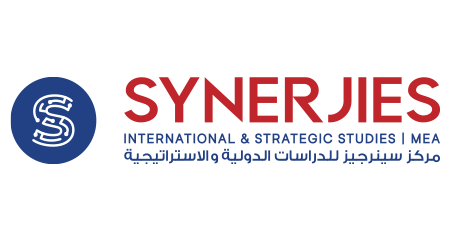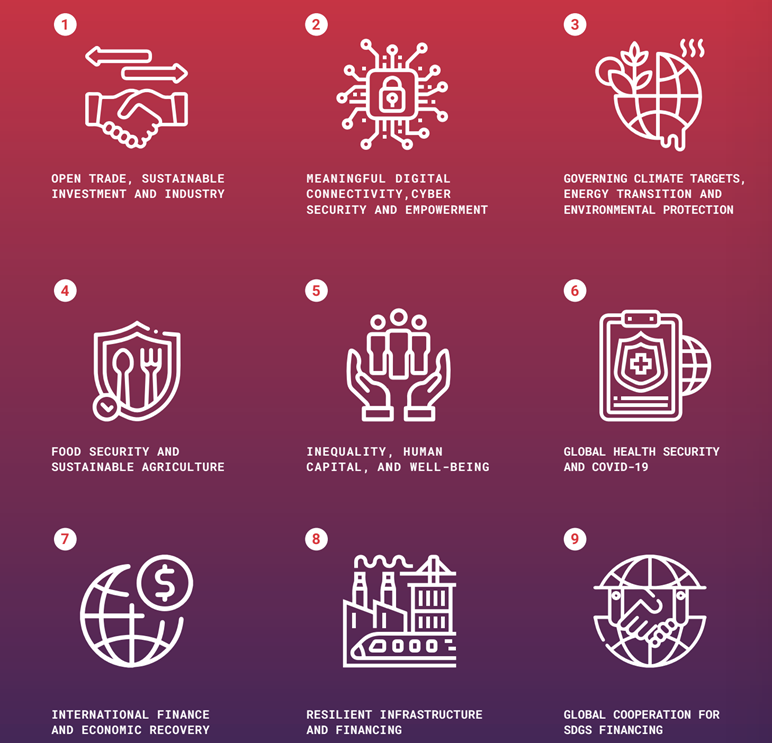Synerjies was honored to co-author one of the policy briefs published in the Think20 (T20), the official engagement group of the G20 hosted this year by Indonesia. Every year, the T20 serves as the ideas bank for the G20 summit, bringing together think tanks and research centers world wide to provide research-based policy recommendations for G20 leaders.
The policy brief, titled “Digital Pathways to Resilient Communities: Enabling Universal Internet Access and Utilizing Citizen-Generated Data”, was developed in cooperation between Synerjies’ team and other co-authors: Dr. Dil B. Rahut, Vice-Chair Research and Senior Research Fellow at the Asian Development Bank Institute, Dr. Subhasis Bera, Associate Professor at the International School of Business and Media, and Ms. Noran Abdou, Senior Urban Planner at AECOM. The publication constitutes a part of Task Force 2 “Meaningful Digital Connectivity, Cyber Security and Empowerment”, one of the nine task forces of the 2022 T20, which focuses on several policy areas such as digital literacy, digital governance, digitalization for SDGs, and cybersecurity threats.
Figure (1): Excerpt from the T20 Profile Book – The Nine Task Forces of T20 Indonesia

Our policy brief discusses the need for a digital pathway and argues for a solution that constitutes a two-way communication emphasizing universal internet access (the first pathway: from governments to citizens) as a way for ensuring equitable and inclusive development, and citizen-generated data (the second pathway: from citizens to governments) as a way for building resilient communities in particular for emergency response.
Regarding the universal internet access pathway, the policy brief discusses affordability and argues for providing free data up to a limit to encourage citizens to participate in the development process. This is followed by a discussion of ICT infrastructure in which we propose a private-public partnership model to connect the last mile of providing the necessary facilities to reduce inequality. As for the second pathway, citizen-generated data, the policy brief discusses the crowdsourcing of data collection through social media, smartphone applications, and web-based initiatives, as well as how to incentivize citizens to participate in development activities.
Figure (2): Excerpt from the policy brief – Number of Countries with a Data Governance Entity 2022. Source: World Bank



